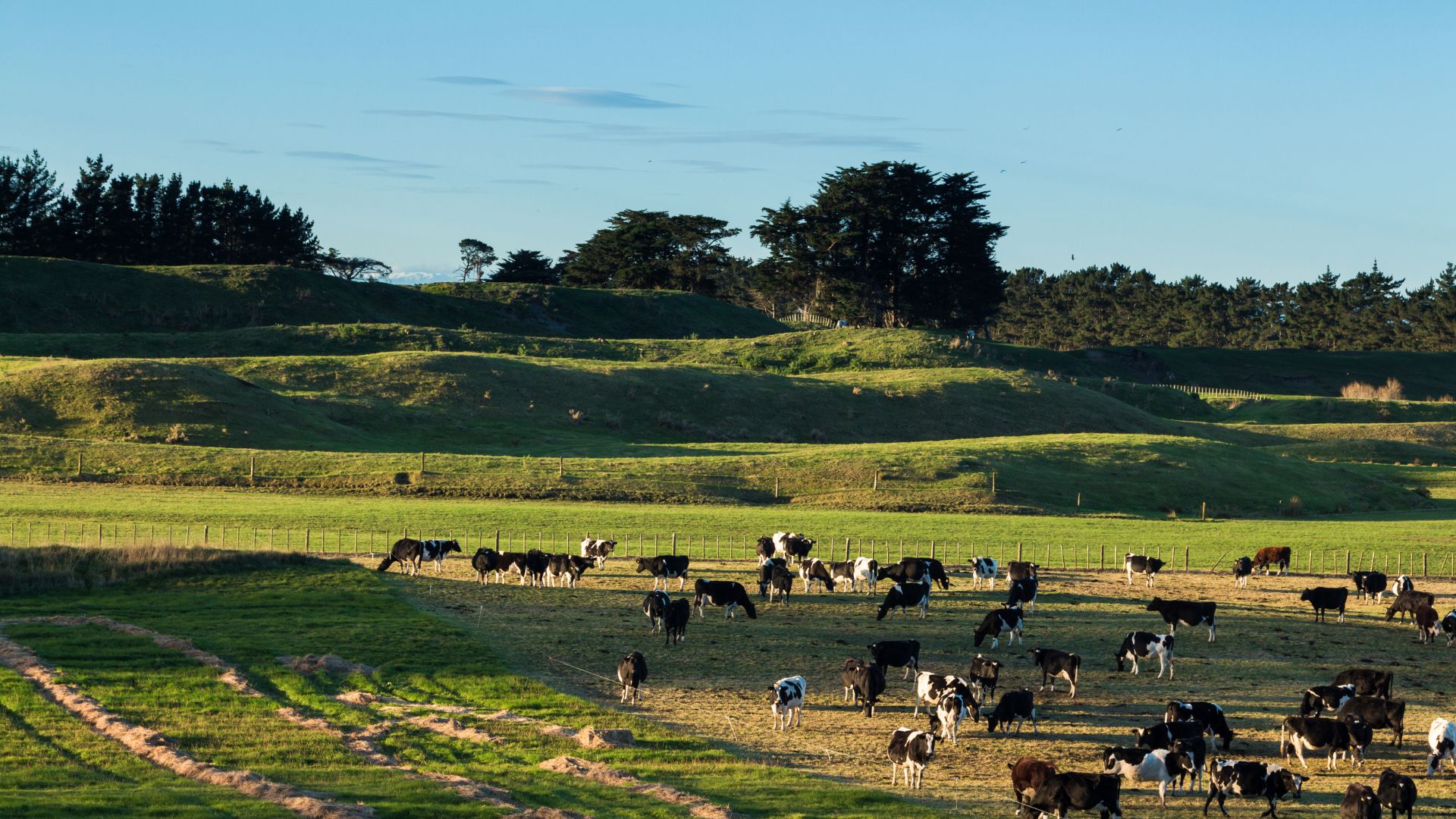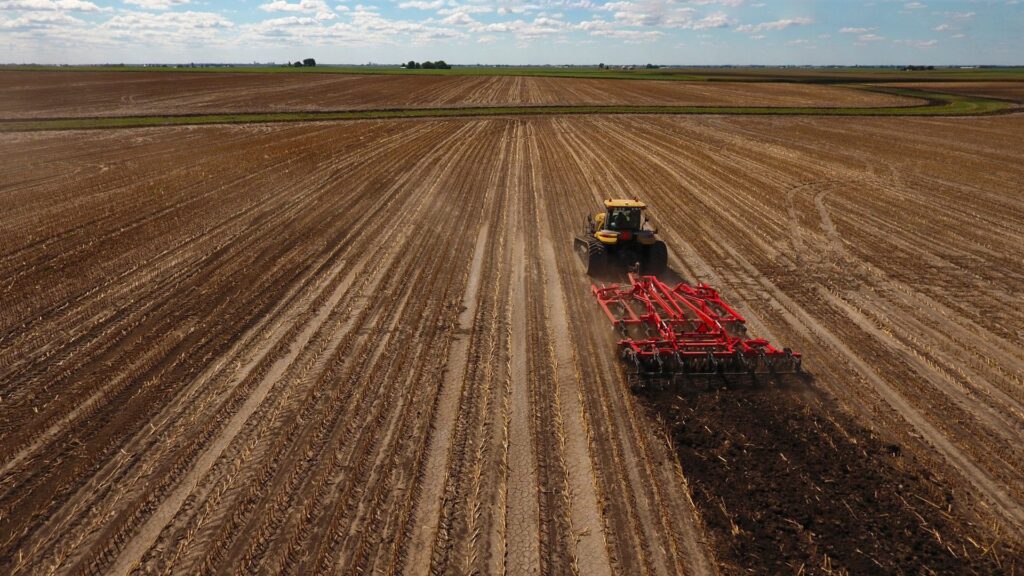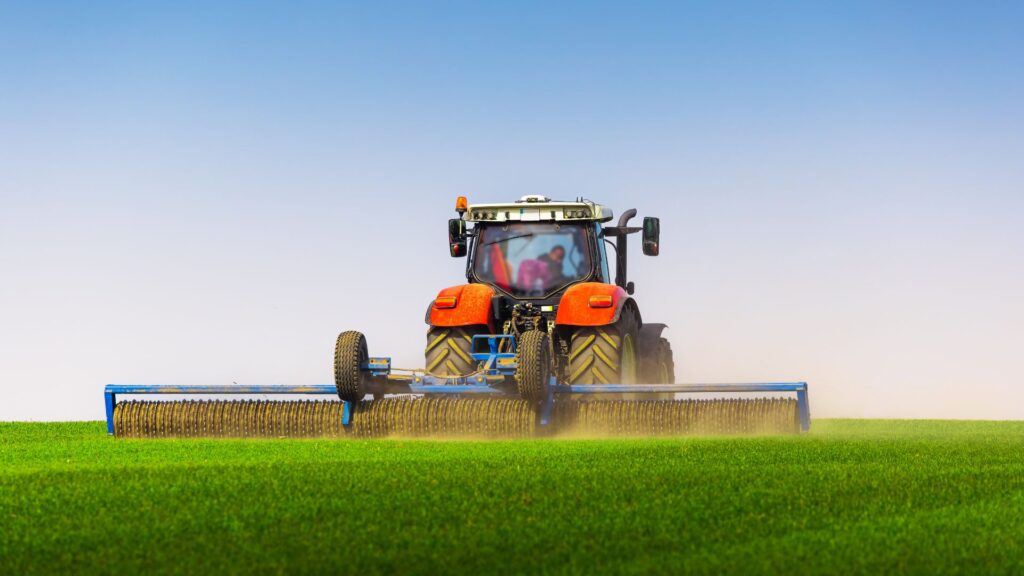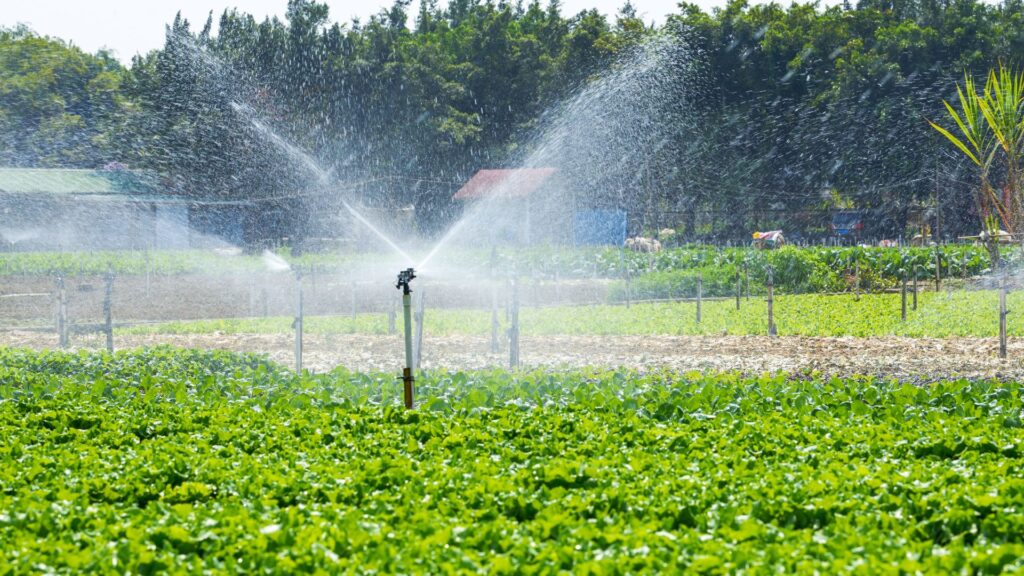
Visions of a serene, bucolic existence often lure aspiring farmers into the alluring world of agriculture. Romanticized notions of self-sufficiency, harmonious coexistence with nature, and a peaceful respite from the hustle and bustle of urban life paint an idealized portrait of farm living. The idyllic imagery of vast, verdant fields, sun-dappled orchards, and contented livestock grazing in lush pastures holds an undeniable appeal. However, this rose-tinted perception frequently overshadows the harsh realities and complexities inherent in operating a successful farm enterprise.
The temptation to “go it alone” and eschew professional assistance can be strong, fueled by a desire for independence and a sense of accomplishment in single-handedly managing every aspect of the farm. The siren song of self-reliance whispers promises of autonomy, cost savings, and the freedom to chart one’s own course, unencumbered by the constraints of external advice or guidance.
- Costly Pitfalls of Flying Solo
- The Unseen Dangers Lurking on the Farm
- The Hidden Costs of DIY Farm Management
- Enlisting the Pros: A Game-Changer for Success
- The Payoff: A Thriving, Prosperous Farm Venture
- FAQ's
- What are the most common mistakes made by new DIY farmers?
- How can hiring a farm consultant help increase farm productivity?
- Are there any financial benefits to seeking professional farm management advice despite the initial costs?
- What are some hidden dangers in farm management that DIY farmers might not be aware of?
- What long-term impact can sustainable farming practices have on a DIY farm's viability?
Costly Pitfalls of Flying Solo

Underestimating the multifaceted nature of farm operations is a common pitfall for those embarking on the DIY farm management journey. The intricate web of tasks, from soil preparation and crop rotation to animal husbandry and equipment maintenance, can quickly overwhelm the uninitiated. Each aspect of farming demands a specialized body of knowledge and a comprehensive understanding of best practices, honed through years of experience and continuous learning.
Lack of specialized knowledge and hands-on experience can prove detrimental to the success of a farm venture. Even the most well-intentioned and diligent novice farmer may struggle to navigate the nuances of pest management, irrigation systems, or livestock breeding programs without proper guidance. This deficit in expertise can lead to costly mistakes, compromising the health and productivity of crops and animals alike.
Rookie mistakes, often born of inexperience or misguided assumptions, can cripple a farm’s productivity and profitability. From improper soil amendment practices to ill-timed planting or harvesting schedules, these seemingly innocuous missteps can have far-reaching consequences, potentially undoing months or even years of hard work and investment.
The Unseen Dangers Lurking on the Farm
Beyond the challenges of optimizing agricultural operations, the farm environment itself harbors a myriad of unseen dangers that can jeopardize the well-being of both the farmer and the farm itself. Improper handling of heavy machinery or failure to adhere to safety protocols can result in devastating injuries, from lacerations and fractures to life-altering accidents.
Furthermore, the lack of robust biosecurity measures and pest management strategies can expose crops and livestock to a host of diseases and infestations. If these dangers are not addressed, they have the potential to severely reduce crop output, harm animals, and even bring in alien species or spread diseases beyond the farm.
The ecosystems of the farm and the surrounding area are vulnerable to environmental dangers such as water contamination, soil erosion, and poor agricultural waste management. Failure to implement sustainable practices and adhere to environmental regulations can not only jeopardize the farm’s long-term viability but also incur hefty fines and legal repercussions.
The Hidden Costs of DIY Farm Management
While the allure of cost savings may initially draw farmers towards a DIY approach, the hidden costs of trial-and-error methods can quickly mount. Wasted time, resources, and labour invested in inefficient or misguided practices can drain a farm’s finances and impede its ability to thrive.
Missed opportunities for optimization and efficiency are another oft-overlooked consequence of eschewing professional guidance.

Experienced farm consultants and agricultural experts can provide invaluable insights into streamlining operations, maximizing yields, and leveraging cutting-edge technologies and techniques to stay ahead of the curve.
Ultimately, the long-term financial strain resulting from suboptimal yields and profits can prove crippling for DIY farm ventures. Each season of underperformance compounds the economic burden, making it increasingly difficult to recover and achieve long-term sustainability.
Enlisting the Pros: A Game-Changer for Success
Recognizing the limitations of a DIY approach and seeking the expertise of experienced farm consultants can be a game-changer for farm success. These professionals bring a wealth of knowledge, honed through years of hands-on experience and continuous education, to the table.
By leveraging their expertise, farmers can gain access to tailored strategies for maximizing productivity and sustainability. From soil analysis and crop rotation planning to animal husbandry best practices and marketing strategies, farm consultants can provide customized solutions that address the unique challenges and opportunities of each farm operation.
Furthermore, these professionals often have their fingers on the pulse of cutting-edge techniques and technologies, enabling farmers to stay ahead of the curve and implement innovative practices that can drive efficiency, reduce resource consumption, and enhance overall profitability.
The Payoff: A Thriving, Prosperous Farm Venture
Embracing the guidance and expertise of farm consultants can unlock a world of benefits, ultimately leading to a thriving, prosperous farm venture. Increased yields and profitability become attainable goals, as farmers implement optimized practices and leverage the latest advancements in agricultural science and technology.

By minimizing the risks and costly mistakes inherent in a DIY approach, farmers can safeguard their investments and allocate resources more effectively, maximizing returns on their efforts and capital.
Perhaps most importantly, enlisting professional assistance provides a sense of peace of mind, knowing that the farm’s operations are guided by experience and expertise. This guarantee sets the stage for a lasting legacy that may be conveyed to subsequent generations, guaranteeing the farm’s prolonged success and sustainability.
FAQ’s
What are the most common mistakes made by new DIY farmers?
New DIY farmers often make mistakes related to underestimating the complexity of farm operations. This includes improper soil management, incorrect planting schedules, and inadequate pest control measures. These errors can lead to significant losses in crop productivity and farm efficiency.
How can hiring a farm consultant help increase farm productivity?
A farm consultant brings specialized knowledge and experience in agriculture, which can be crucial for optimizing farm operations. They assist with soil analysis, crop rotation planning, animal husbandry, and implementation of advanced agricultural technologies. This professional guidance helps in maximizing yields and improving the overall efficiency of the farm.
Are there any financial benefits to seeking professional farm management advice despite the initial costs?
Yes, while hiring a consultant involves upfront costs, the long-term financial benefits often outweigh these expenses. Professional advice can prevent costly errors, enhance crop yields, and improve operational efficiency, leading to increased profitability and reduced wastage of resources.
What long-term impact can sustainable farming practices have on a DIY farm’s viability?
Sustainable farming practices ensure the long-term health of the soil, water conservation, and the overall ecosystem, which are crucial for the farm’s continued productivity. Implementing these practices reduces environmental impact and ensures compliance with agricultural regulations, thus securing the farm’s viability and profitability for future generations.
